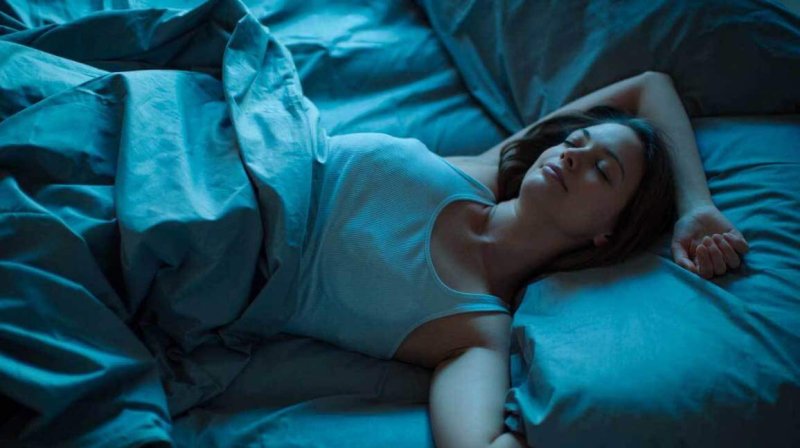[T]hanks to a mother and daughter who share a rare genetic mutation—and who routinely need just six hours of sleep a night—researchers have recently taken a step forward in the journey to unravel the tangled genetic web of sleep.
The new study, published online [August 13] in Science, reports the discovery of a genetic mutation on the gene DEC2 that appears to allow the mother–daughter pair of “short sleepers”—and a handful of transgenic mice—to truly need less sleep.
…
Despite only getting an average of 6.25 hours of sleep a night in the study, both the 17-year-old daughter and the mother in her late 40s seemed to be perfectly healthy and well-rested.
…
The underlying question, [professor Mehdi] Tafti says, is how much sleep do people really need? Could most people do just fine on seven hours or do some really need to slumber for a full nine? In order to sleep less, people would need to sleep better—that is, more efficiently, with more intense REM states, Tafti explains, which appears to be happening in those with the DEC2 mutation. “We believe that short-sleepers have more efficient sleep,” he says.
Read full, original post: Rare Genetic Mutation Lets Some People Function with Less Sleep































